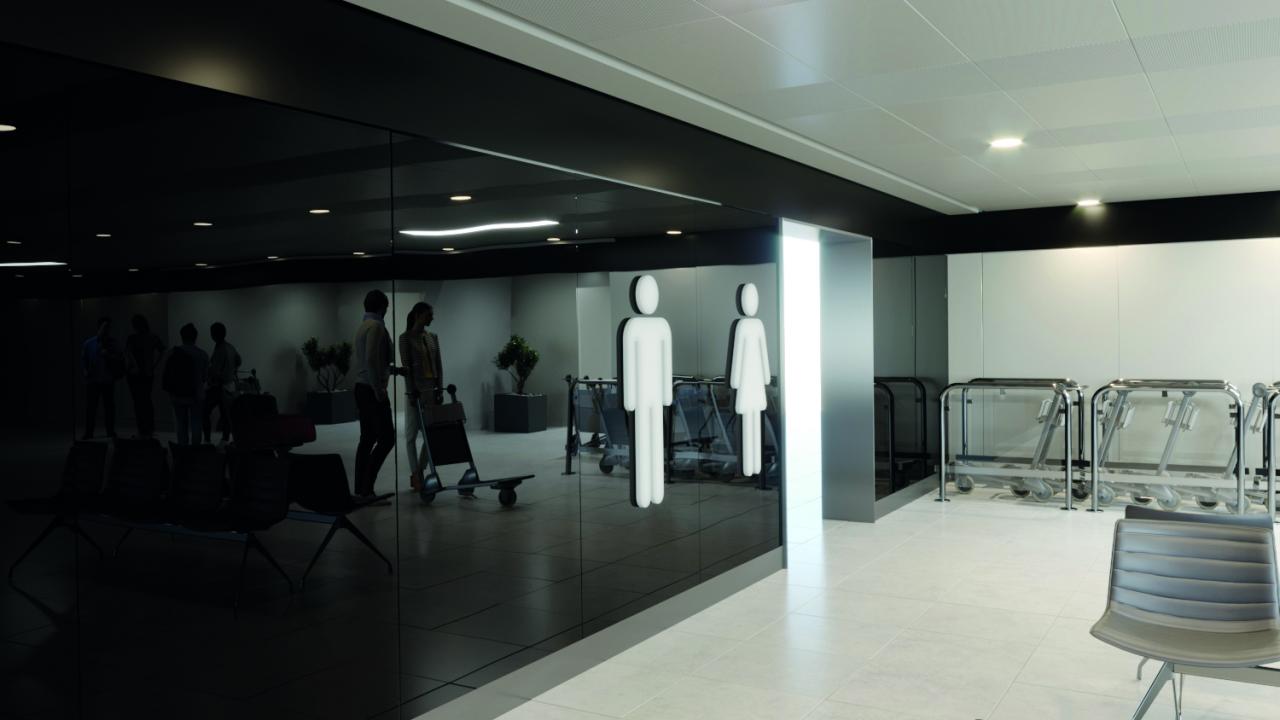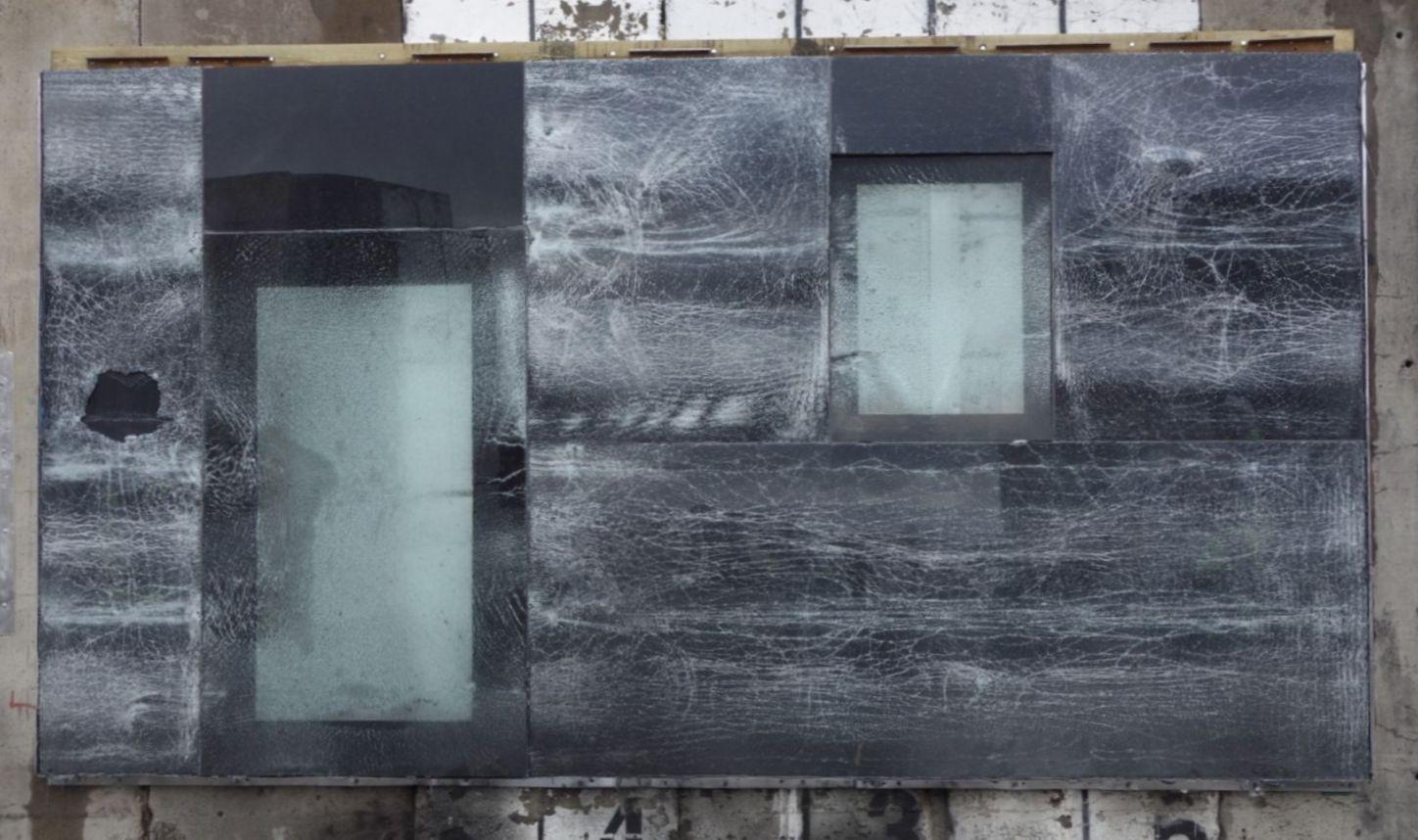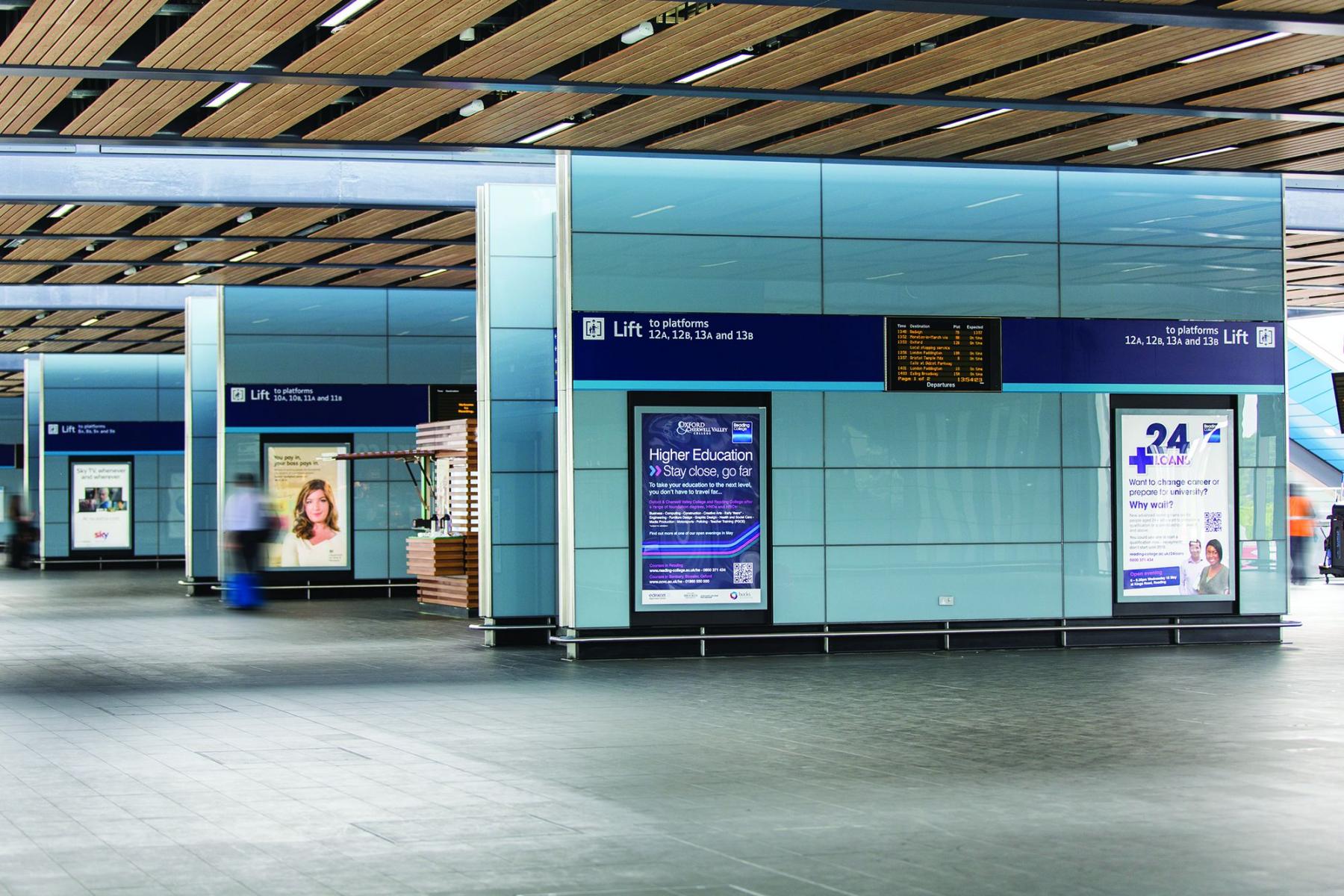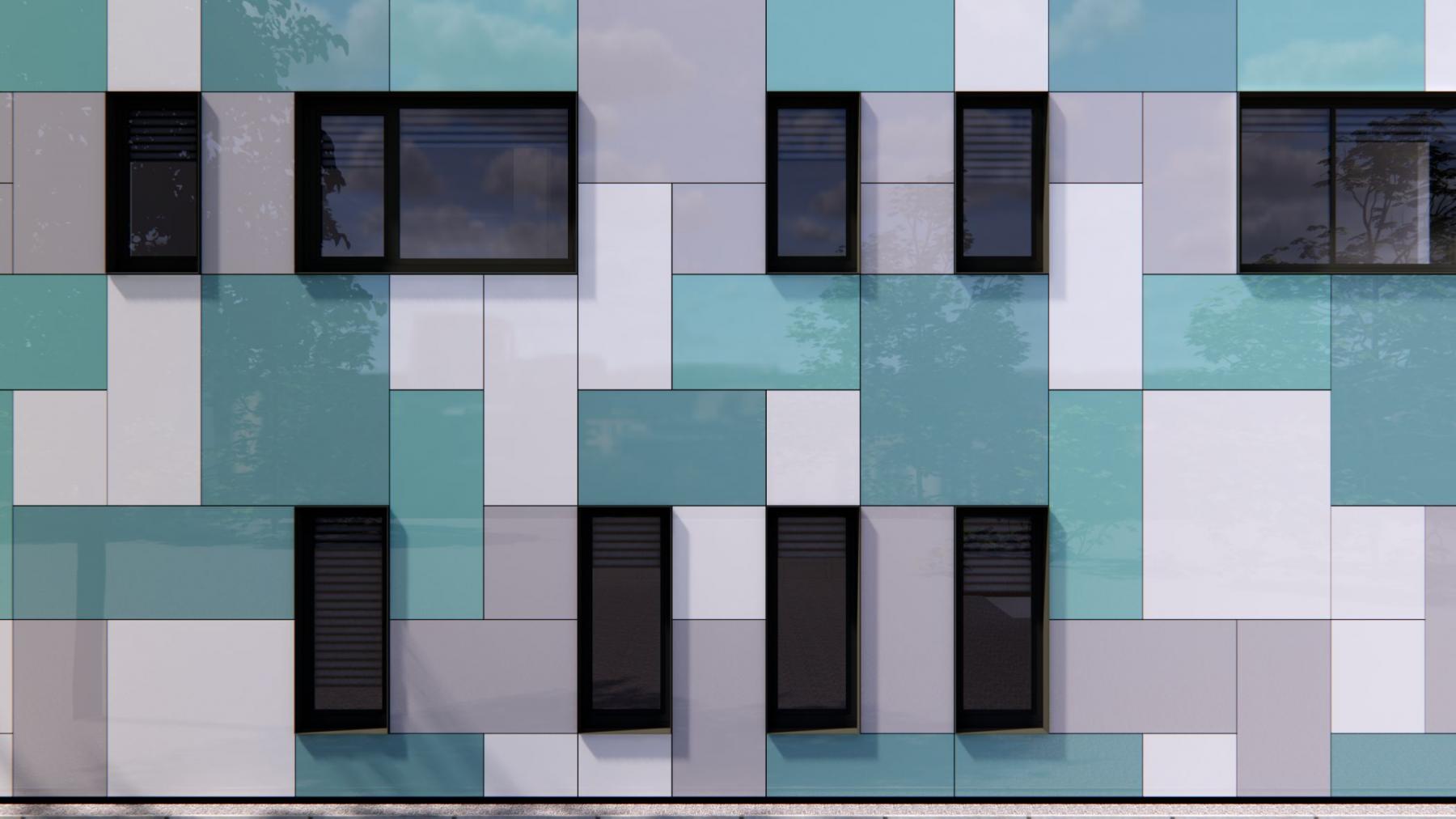

CLADDING PUBLIC AREAS SAFELY AND SECURELY WITH GLASS SYSTEMS
Although glass may appear to be an unusual choice for use in public areas such as railway stations and airports, it is actually very well suited to this type of application. Naturally, the travelling public need to be protected against accidents or terrorist-related incidents, but modern advances in materials and design have helped create glass cladding systems which can greatly reduce the damage that can be caused. Glass cladding systems also allow architects to visually translate their ideas us to translate the architect’s ideas into visually into stunning buildings, provided a rigorous approach is adopted by everyone involved in the specification process.
Changing hazards
When a public space such as a transport hub is subjected to an explosion, the nature of the hazard it creates varies according to the distance between the explosion and the target structure. If the blast is located close to the structure, it will create a high-intensity but localised pressure wave which may shear through structural materials such as glass. If a greater distance is involved, the pressure is reduced but it is spread across a far greater surface area. Fortunately, modern glass façades and internal cladding systems can be designed to dissipate these blast pressures safely and effectively.

Standard requirements
To achieve this, a glass cladding system must be strong, reliable, and able to withstand both daily wear and tear, and occasional impact damage. It must also satisfy the requirements of the
A2, s1-d0 standard, and meet various requirements covering such things as toxicity, spread of flame, structural loading and waterproofing.
If it is to be used in high-traffic transport applications, the glass should also have passed all industry standard soft-body and hard-body impact tests to CWCT TN76, the BS EN 356 standards, as well as successfully completing stringent bomb blast testing in accordance with ISO 16933 ‘Glass in Building – Explosion resistant security glazing’. If the glass carries a British Board of Agrément certification for all standard applications, this will provide extra reassurance that the system will perform reliably with regard to things such as durability and wind loadings.
For use in air and rail terminal applications, glass cladding systems must then satisfy the requirements of the SIDOS (Security In the Design Of Stations) and ASIAD (Aviation Security In Airport Development) documents. Covering rail and aviation respectively, these documents are part of a program administered by the Department of Transport and Centre for the Protection of National Infrastructure. They share many similarities and lay down strict design and material specification guidelines for these types of application. Relevant to both new-build and refurbishment projects, their requirements are effectively mandatory, and for glass cladding, they cover such subjects as, the strength of individual system components, the structural integrity of the overall system, and behavior in the event of an explosion.

Built for safety
The physical construction of the glass panels themselves plays a major role in determining the ability of a glass cladding system to meet required standards, as this is obviously an area of concern in terms of safety. Ideally, the construction should be based around tempered safety glass which is securely bonded to a carrier board, thus creating an inseparable composite unit. Should a blast occur, this type of construction will ensure any glass fragments remain firmly bonded to the backing board. It will also protect the metal substructure to which the panels are fitted, and this will allow any broken panels to remain in place until they can safely be replaced.
Expert opinion
In order to satisfy the required standards, glass manufacturers need to work in collaboration with independent consultants who specialize in this area. While its natural for the glass system manufacturer to focus closely on their own products and solutions, an experienced consultant will help them to also consider the wider picture. They will have the facilities - and crucially the specific expertise to carry out the rigorous testing regimes that must be successfully completed to achieve compliance with the SIDOS and ASIAD standards.
A good working relationship between the glass system manufacturer and external specialist can also provide more specific benefits when it comes to individual projects. For example, although an overall glass system may be proven to achieve the required blast-test performance levels, the design of a system for a specific project may include glass panels which are different in size to those that were tested. Although this may seem a fairly minor point, the specialist consultant will identify such issues at an early stage, and in doing so they will ensure that additional product testing can be completed in a scheduled and timely manner which will not delay the construction schedule of the project involved.

An appropriate choice
Clearly then, the selection of an appropriate glass cladding manufacturer is clearly a critical consideration. In addition to the reliable support of a specialist consultant, the manufacturer should also have their own in-house manufacturing facilities which operate to internationally-recognized standards. This will streamline their logistics considerations, and also provide the manufacturer with greater control over the various production processes – two factors which can help reduce system costs.
Ideally, the manufacturer should also be able to provide the backing of their own specialist installation teams, and support their systems with long-term warranties. Another important consideration is the manufacturer’s ability to provide legacy support for installed systems, as this will ensure that older installations will continue to perform effectively, and without compromising safety levels, throughout the entire the lifetime of a building.
To find out more about Sto's glass cladding systems click here.
